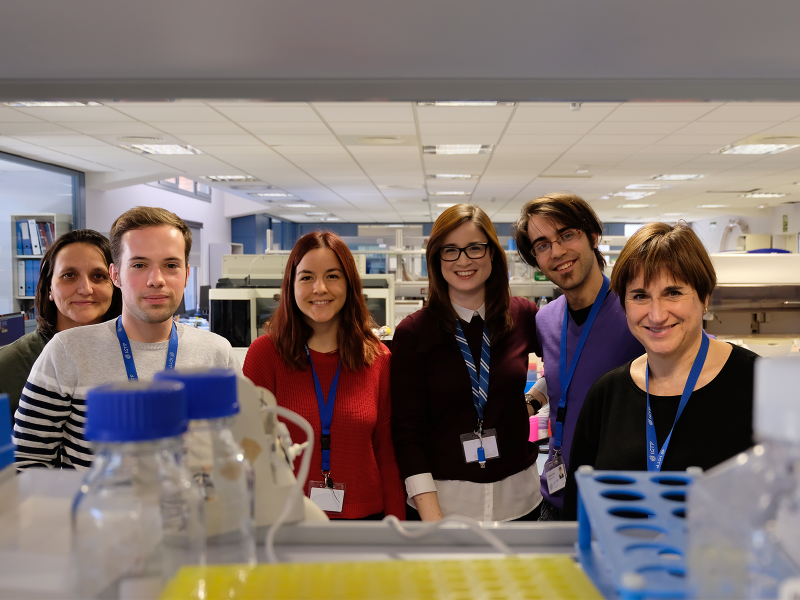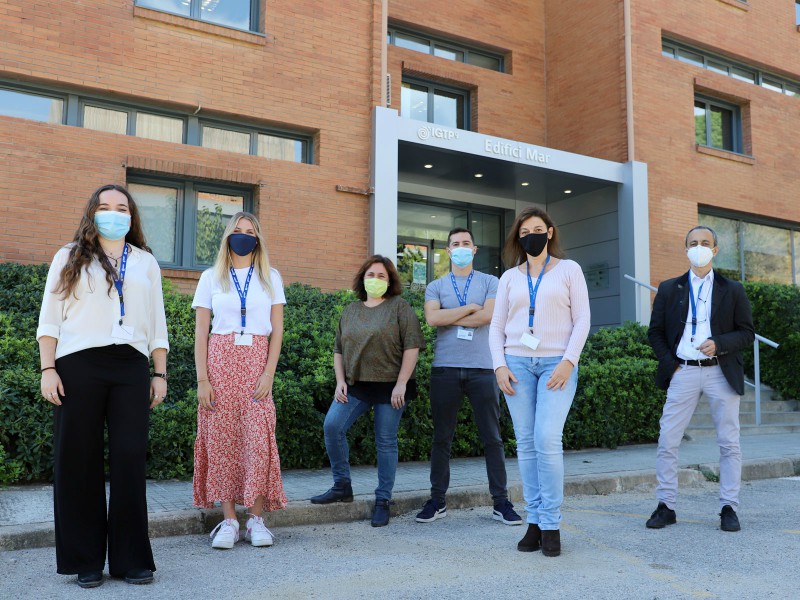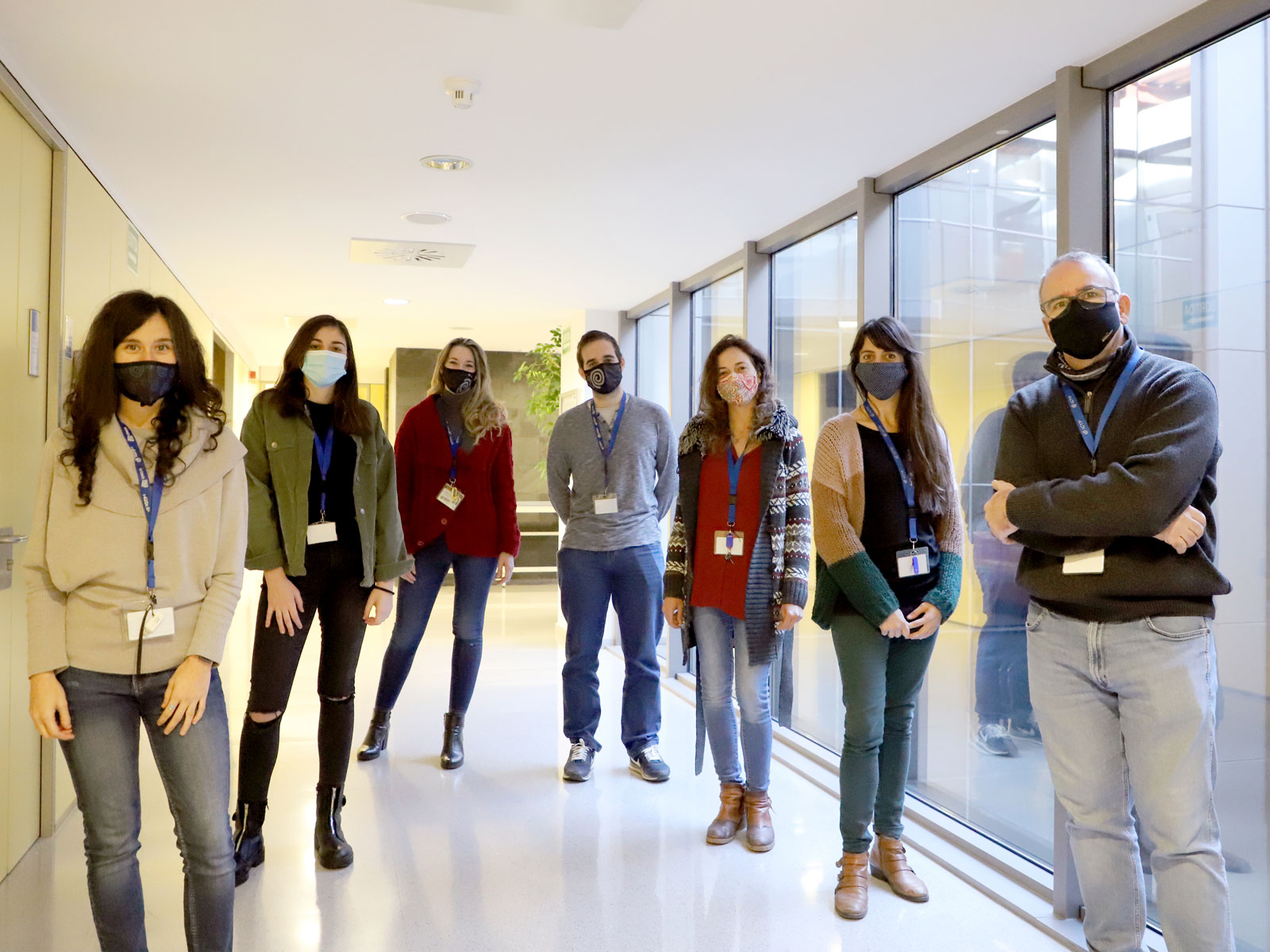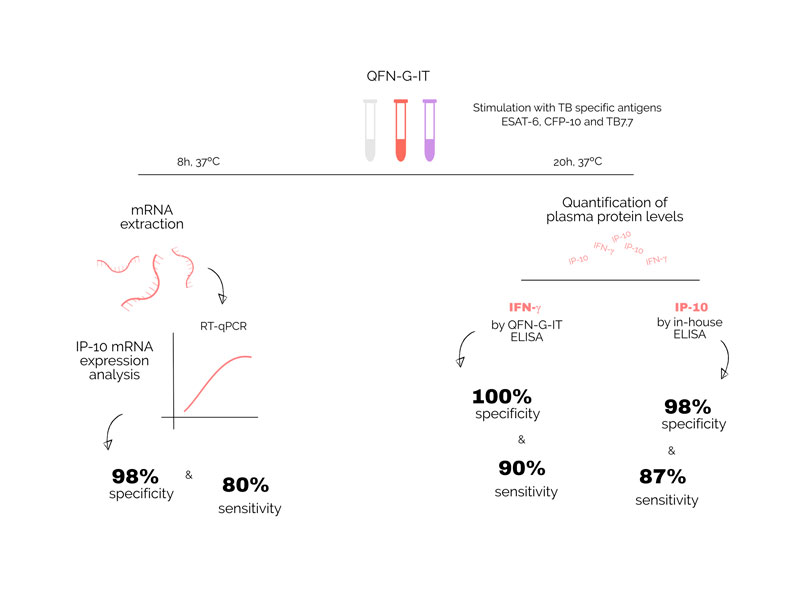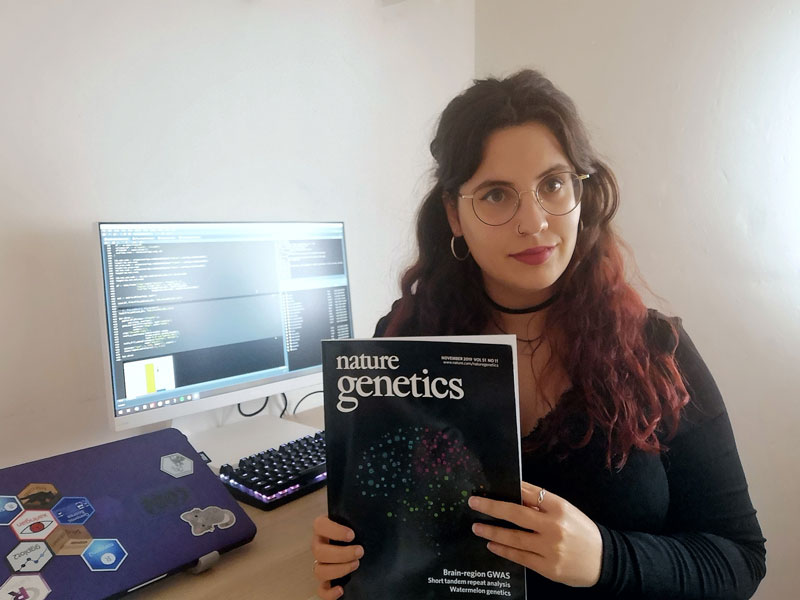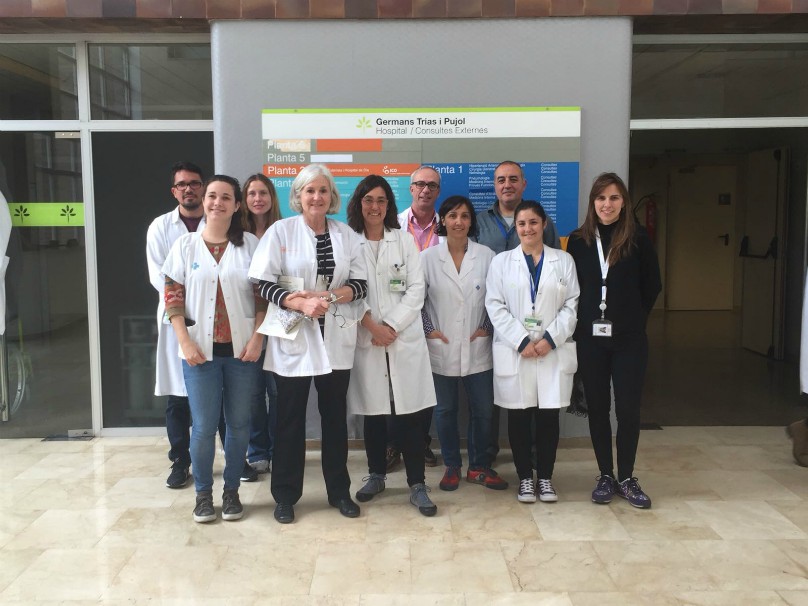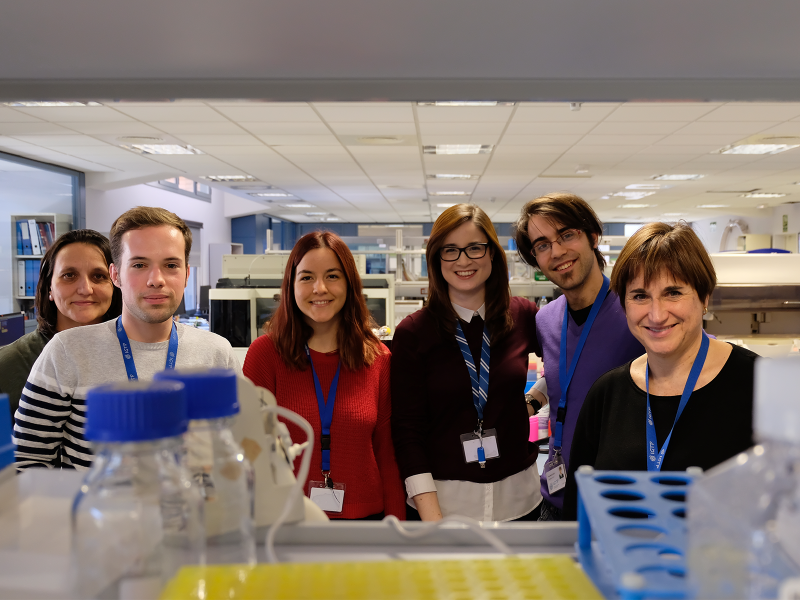The CMCiB contributes to a new e-book on researcher and animal safety
A new e-book published by the Journal Laboratory Equipment, called Safe and Effective Research in the Vivarium features a case study from the Centre for Comparative Medicine and Bioimage of the IGTP (CMCiB-IGTP). Staff from the CMCiB have provided expert advice on aspects of safety.


